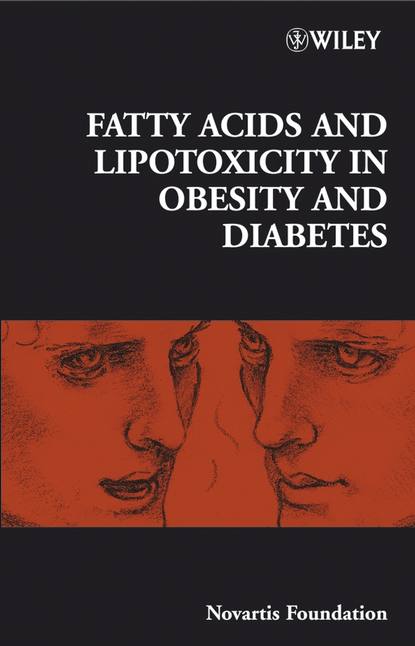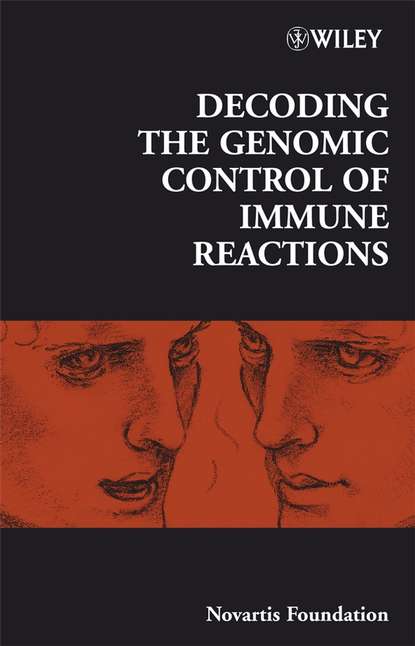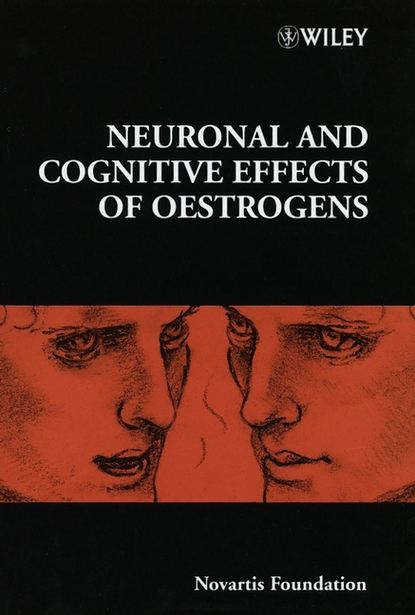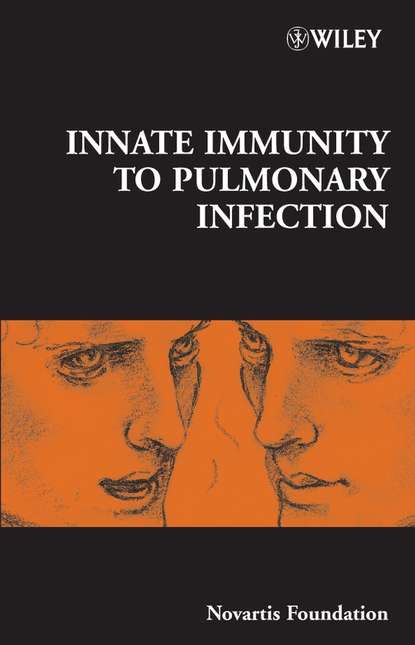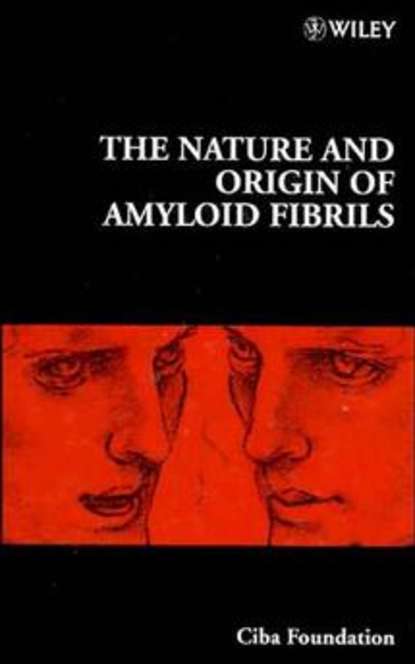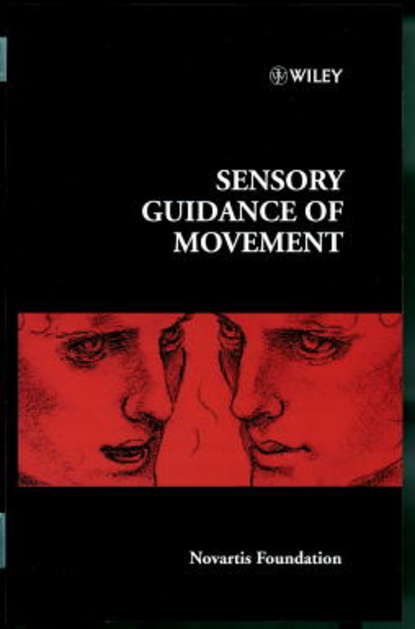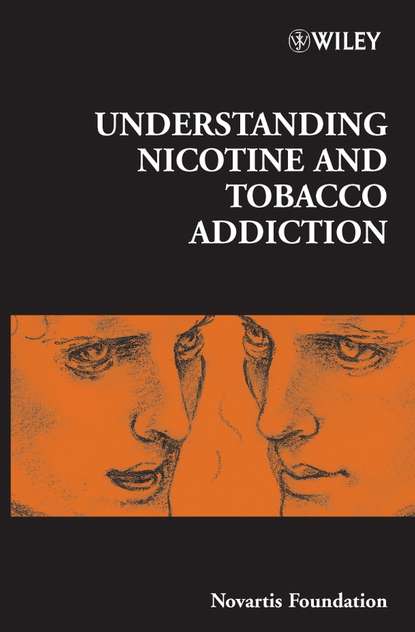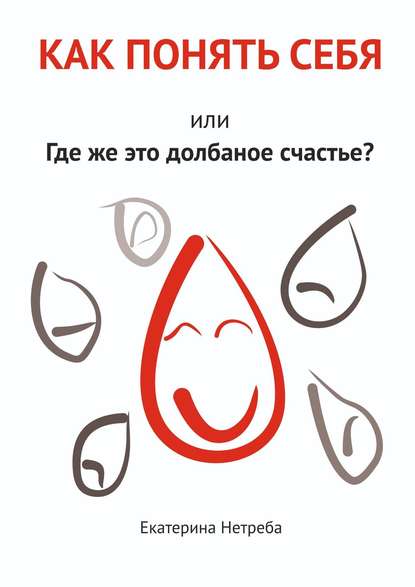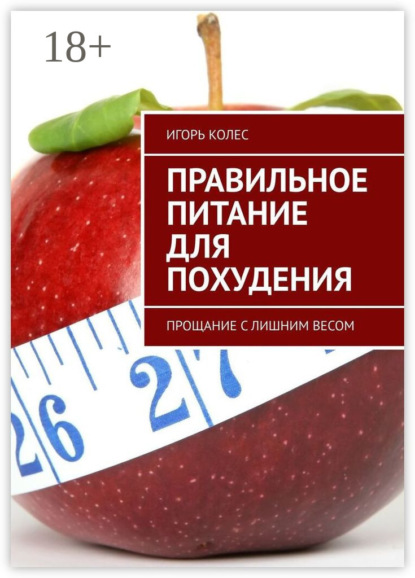Jamie A. Goode - Anaphylaxis
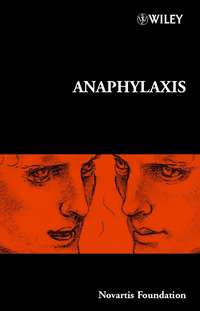
Anaphylaxis is an immediate-type allergic reaction involving the whole organism. It is the most life-threatening allergic condition. Although there are few exact epidemiological data regarding prevalence, estimates regarding insect sting anaphylaxis range from 1-3% in the general population, but much higher values have been reported by some authors for food and drug-induced anaphylaxis. Anaphylaxis is the main acute killer of allergic individuals. Although anaphylaxis was discovered at the beginning of the 20th century, there are still many unresolved issues. These include non-IgE-mediated anaphylactoid reactions, non-immunologically mediated anaphylactoid (pseudo-allergic) reactions, pathophysiological events at the microcirculatory level, appropriate therapy for the acute reaction, strategies for prevention, public education about the problem and new approaches to prevention and therapy at the IgE level. All these subjects are discussed in this book. Since anaphylaxis occurs acutely and is unforeseen, it is very difficult to organize controlled studies regarding therapy and prevention. The spectrum of symptomatology covers many clinical areas (skin, respiratory, cardiovascular and gastrointestinal system), therefore inter-disciplinary approaches are necessary for progress in the field. There is widespread uncertainty among physicians about therapy, especially concerning self-administered treatment. In this important book, an multidisciplinary group of experts explore the pathophysiology of different types of anaphylactic and anaphylactoid reactions. Evidence is presented on the epidemiology of these conditions while problems relating to diagnosis, therapy and prevention are examined in detail. This thorough and up-to-date coverage of the subject will be of great interest to all clinical immunologists, researchers and physicians who deal with this life-threatening condition. Related Novartis Foundation symposia: 252 Generation and effector functions of regulatory lymphocytes Chair: Jean-François Bach Immunoinformatics: bioinformatic strategies for better understanding of immune function Chair: Hans-Georg Rammensee Cancer and inflammation Chair: Siamon Gordon

